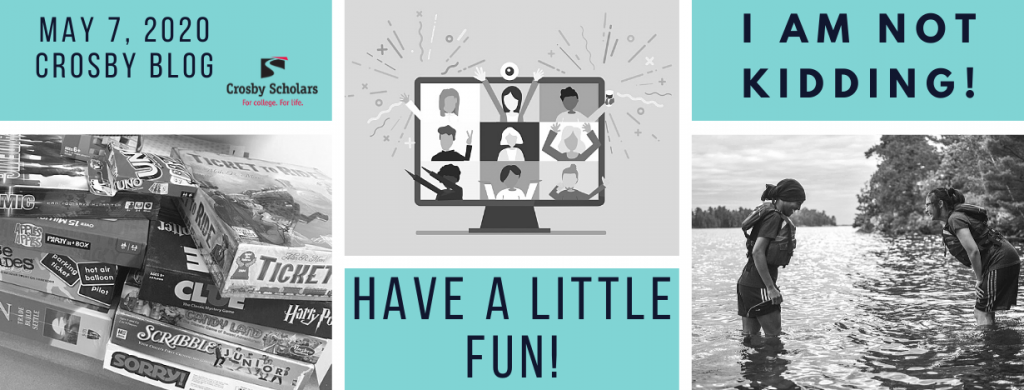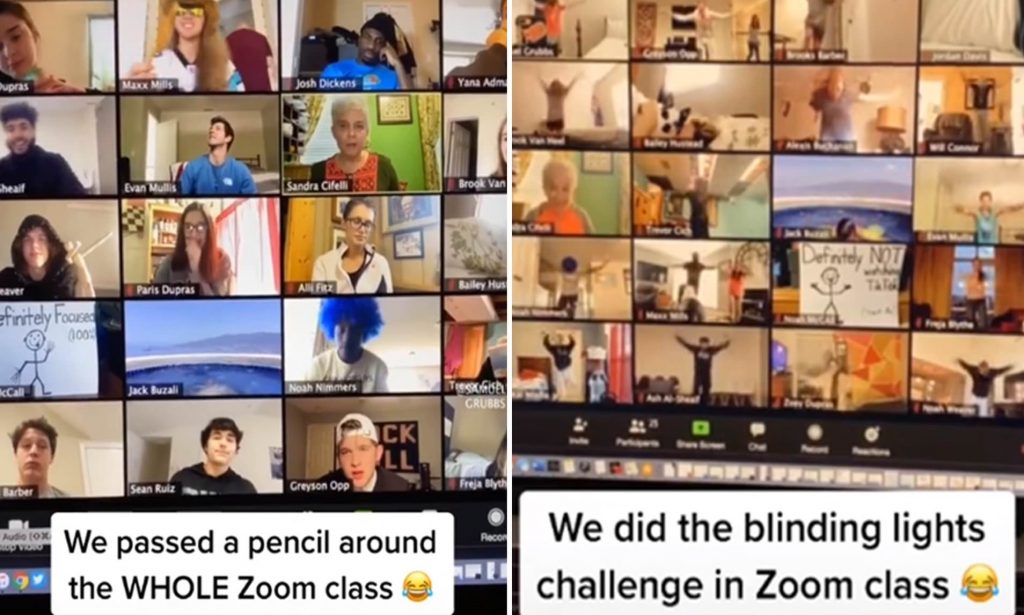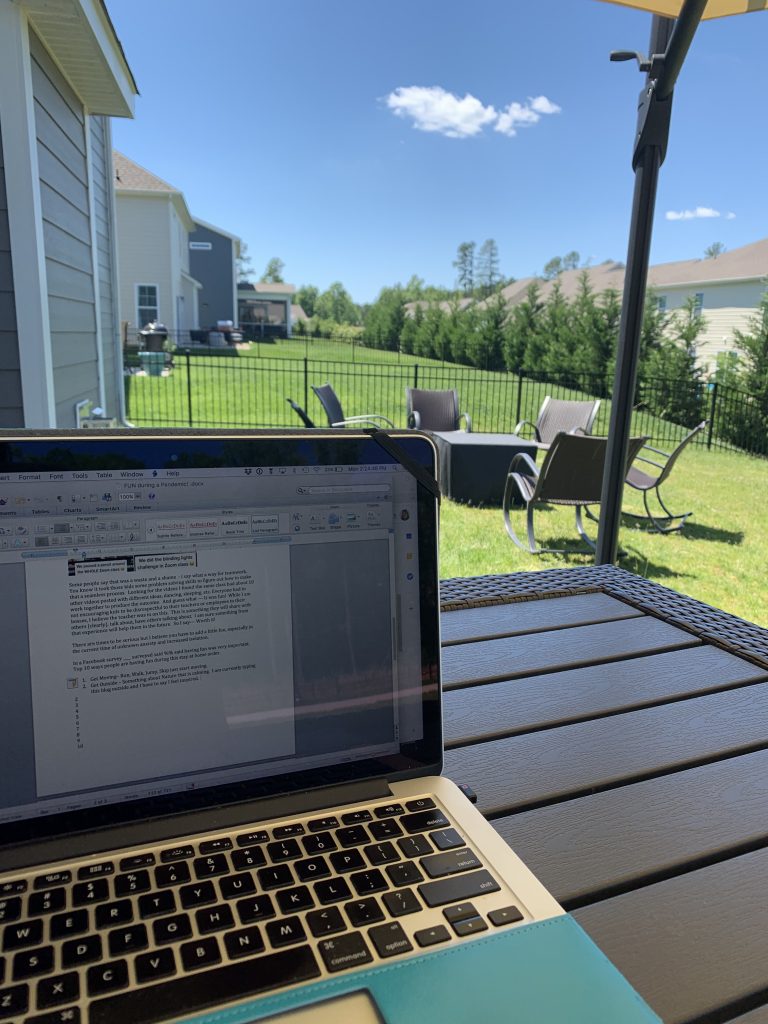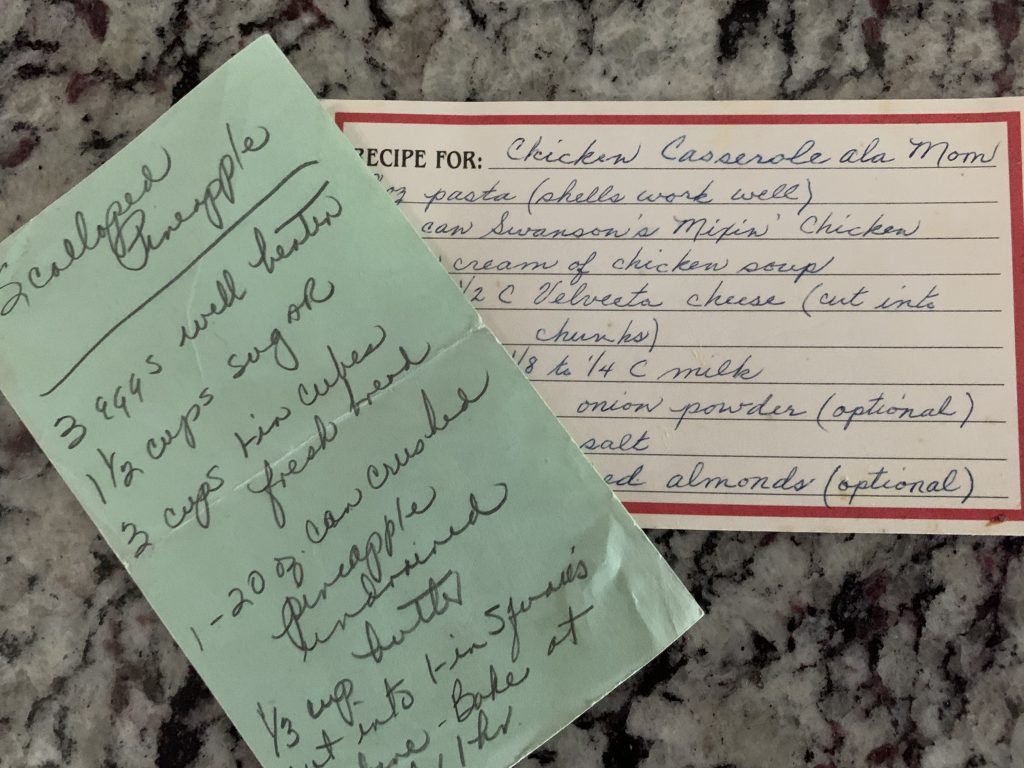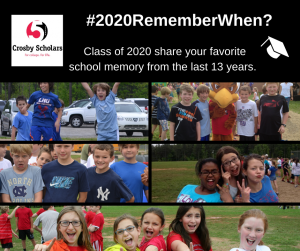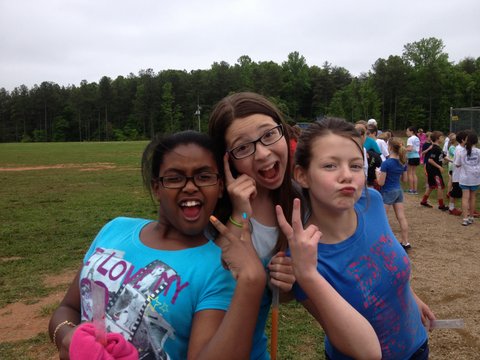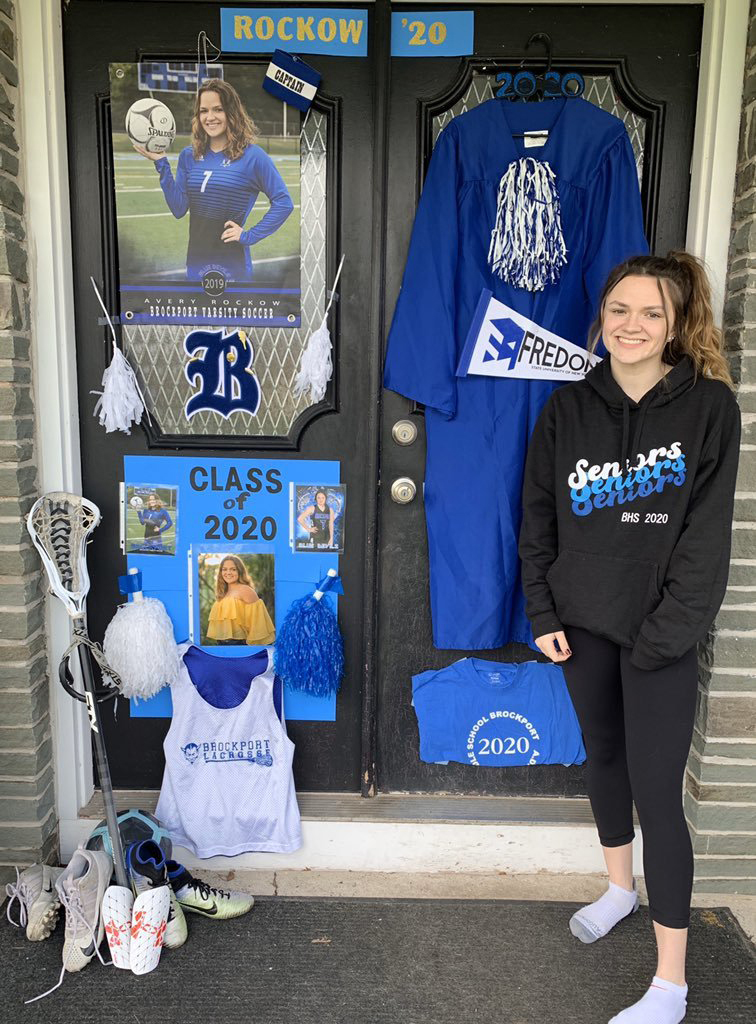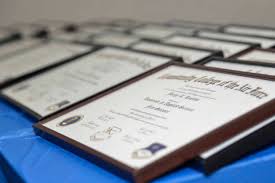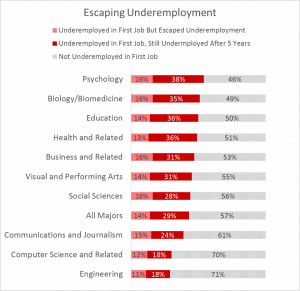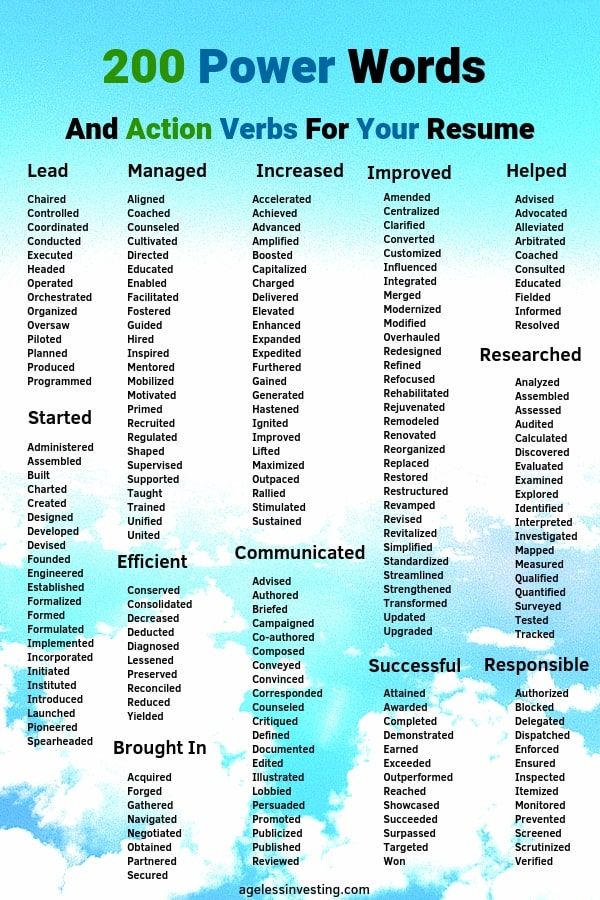
(As I sit down to write this blog, I have a headache! The more I study, read, attend webinars, and watch videos about college admissions, the more complicated it seems! If you search, I’m convinced you can find a resource to support any position you want to take when it comes to getting into college.)
That’s why Crosby Scholars is here to help!! You might have heard that taking “rigorous” courses in high school is important for college admissions. This is true. But why?
A high school transcript shows more than GPA and Class Rank. Although helpful, those 2 factors don’t tell the whole story. Admissions officials want to know if students will be able to handle the rigor of college coursework. To make an educated guess, these officials look to see if the transcript shows “rigorous” courses with A or B grades.

So what exactly does “rigorous” mean? It’s widely accepted that AP and IB courses are rigorous. In some circles, honors courses hold the same designation, but not always. Since AP and IB curriculums and standards are universal, there is consistency. Regardless of the school you attend, the expected outcomes are the same. Honors courses, though, lack uniformity from one high school or district to another. So Honors English at one school might be very different at another.
Does rigor impact GPA’s? Yes! Some students and parents have become experts in how to milk every single possible point to build a high GPA. Course scheduling to boost GPA’s has become an art form. Decisions made about what classes to take in high school are often made by how choices might improve class rank. This is nothing new. Years ago a friend of my brother dropped out of typing class because he wasn’t earning an A.

How do colleges evaluate GPA’s?
Did you know that many colleges completely recalculate the GPA’s of applicants?
Here’s how the University of California system does it:
The UC system recalculates applicants’ GPAs. They include only college prep classes. Each A is worth 4 points. An extra point is given for each semester of honors-level 10th & 11th-grade classes. (For out-of-state students only AP and IB classes count.) A maximum of 8 points may be awarded.
The University of Michigan has another approach:
The University of Michigan recalculates GPAs using a 4 point scale for all classes in 9th through 11th grade. Plusses and minuses are ignored (that is, they treat a B+, B, and B- as a B). The university’s website also says, “Additionally, we review the number of demanding courses separately. During the holistic review process the rigor of the applicant’s curriculum is considered.”
Will my college recalculate my GPA? Sometimes it’s hard to find this information unless you contact the school and ask specifically about this. However, most colleges and universities will have similar systems to the examples above. Grades in core courses will be important. Bonus points will be given for more difficult work. Schools will look at your transcript for more than the GPA and rank. This is also why many schools only ask for your unweighted GPA—they will apply their own weighting system.

How much rigor do you need? So does this mean a student should take every possible course with “rigor”? In my opinion, the answer is no. Students should plan a schedule that allows them to take part in other activities they enjoy. Colleges look for good grades, but they also seek student leaders, marching band members, athletes, debaters, researchers, and others. If a student uses every waking moment doing classwork, they can’t build other valuable skills.
Maintaining a balance is key. Too many students today are stressed and anxious a majority of the time. It is good to have a course schedule that is challenging, but not overwhelming. Getting C’s and D’s in rigorous classes won’t help. As parents, we want our kids to be happy. We should help our students find balance while juggling coursework, sports teams, musicals, part-time jobs, and free time. Few students will be ranked number one or have a perfect GPA–and that’s okay. Instead of overly worrying about the numbers, help your child develop their strengths and find success. Remind them of things they do well and encourage them.
Finally, don’t forget that no matter what the GPA, there is a next-step for everyone. Our goal at Crosby Scholars is to help every student find the next-step that is best for them.




